Prerequisite for PCB Design Course
- Basic Electronics Knowledge: A fundamental understanding of electronic components, circuitry, and electrical principles is essential for PCB design. Familiarity with concepts such as voltage, current, resistors, capacitors, and basic circuit analysis is beneficial.
- Basic Computer Skills: PCB design courses typically involve using design software tools, such as CAD (Computer-Aided Design) software. Basic computer skills, including file management, operating system navigation, and familiarity with software interfaces, are necessary.
- Understanding of Schematic Diagrams: Being able to read and interpret schematic diagrams is important in PCB design. A basic knowledge of schematic symbols, connections, and how different components interact is helpful.
- Basic Knowledge of PCB Manufacturing Processes: While not always a strict prerequisite, having a general understanding of PCB manufacturing processes, such as the fabrication and assembly processes, can provide valuable context during the design phase.
Why is PCB Design Training Important?
- Knowledge and Skills: PCB design training provides individuals with the knowledge and skills necessary to design and develop printed circuit boards effectively. It covers essential concepts, methodologies, and techniques related to component placement, routing, signal integrity, power distribution, and thermal management.
- Design Efficiency: Training in PCB design enables designers to work efficiently and effectively. They learn how to leverage design software tools, optimize layouts, minimize signal interference, and ensure proper component positioning, leading to improved design efficiency.
- Quality and Reliability: Proper PCB design is crucial for ensuring the quality and reliability of electronic devices. Training teaches designers how to consider factors like noise reduction, signal integrity, and electrical performance, resulting in PCBs that meet industry standards and perform reliably.
- Cost Optimization: PCB design training equips designers with the skills to optimize PCB layouts, reduce unnecessary components, and streamline manufacturing processes. This helps in minimizing material costs, manufacturing time, and potential errors, leading to cost-effective PCB designs.
- Innovation and Advancement: PCB design training fosters innovation by providing designers with the knowledge and tools to create new and unique circuit board designs. It empowers them to explore novel techniques, experiment with different components, and push the boundaries of electronic design.
Who can do PCB Design Course?
Anyone interested in learning about PCB design can enroll in PCB design courses. This includes electronics and electrical engineering students, electronics hobbyists, professionals working in the electronics industry, entrepreneurs and startups developing electronic products, technical professionals in related fields, individuals looking to switch careers. PCB design courses provide valuable knowledge and skills necessary for designing and creating printed circuit boards. These courses are offered by educational institutions, online platforms, and specialized training centers, making them accessible to a wide range of individuals seeking to enhance their understanding of circuit design and layout.
PCB Design Career Opportunities
- PCB Design Engineer: As a PCB design engineer, you'll be responsible for designing and developing printed circuit boards. You'll work with schematic diagrams, layout tools, and design software to create circuit board layouts that meet electrical and mechanical requirements.
- Electronics Engineer: PCB design skills are highly valuable for electronics engineers. You can work on designing and developing electronic systems, troubleshooting PCB issues, and ensuring the integrity and functionality of electronic components.
- Hardware Engineer: PCB design is a crucial aspect of hardware engineering. You can specialize in designing and integrating circuit boards into electronic devices, optimizing performance, and ensuring efficient production processes.
- Product Development Engineer: In product development roles, PCB design expertise is essential. You'll work on designing new products, collaborating with cross-functional teams, and ensuring the seamless integration of PCBs within the overall product design.
- PCB Layout Designer: Companies often have dedicated PCB layout designers who focus on translating schematic diagrams into accurate and optimized PCB layouts. This role requires strong knowledge of PCB design principles and layout best practices.
- Electronics Manufacturing Engineer: PCB design knowledge is valuable in electronics manufacturing. You can work on optimizing manufacturing processes, ensuring the manufacturability of PCB designs, and collaborating with production teams to achieve efficient and cost-effective manufacturing.
- Freelance PCB Designer: As a freelance PCB designer, you can work independently with clients who require PCB design services. This option provides flexibility and the opportunity to work on diverse projects.
Conclusion:
PCB design offers a promising career path with numerous opportunities in the electronics industry. Whether as a PCB design engineer, electronics engineer, hardware engineer, or product development engineer, individuals with PCB design skills are in high demand. With the ever-growing demand for electronic devices and advancements in technology, the need for skilled PCB designers continues to rise. Pursuing a career in PCB design provides the chance to contribute to the development of innovative products and be at the forefront of technological advancements.


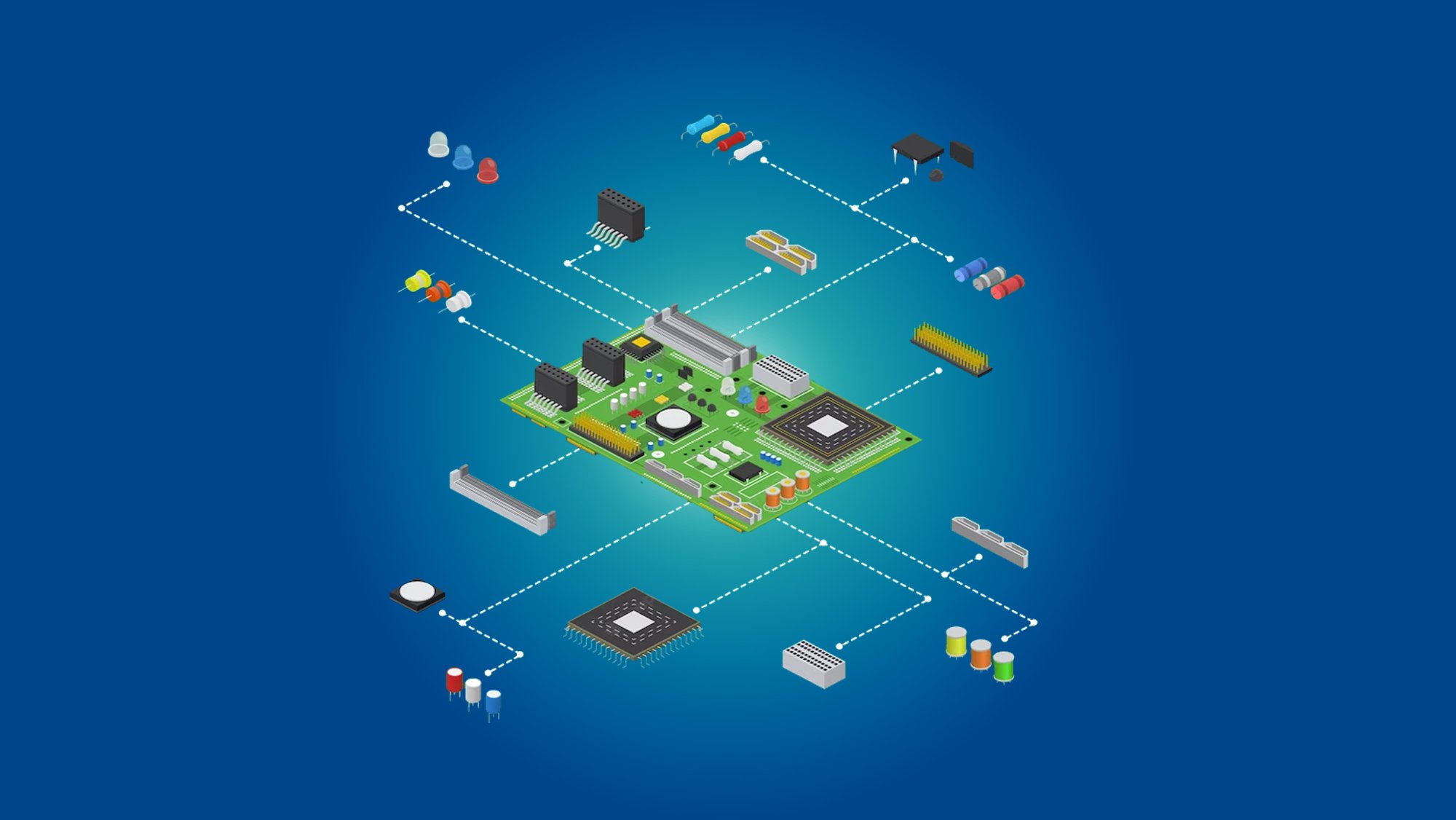
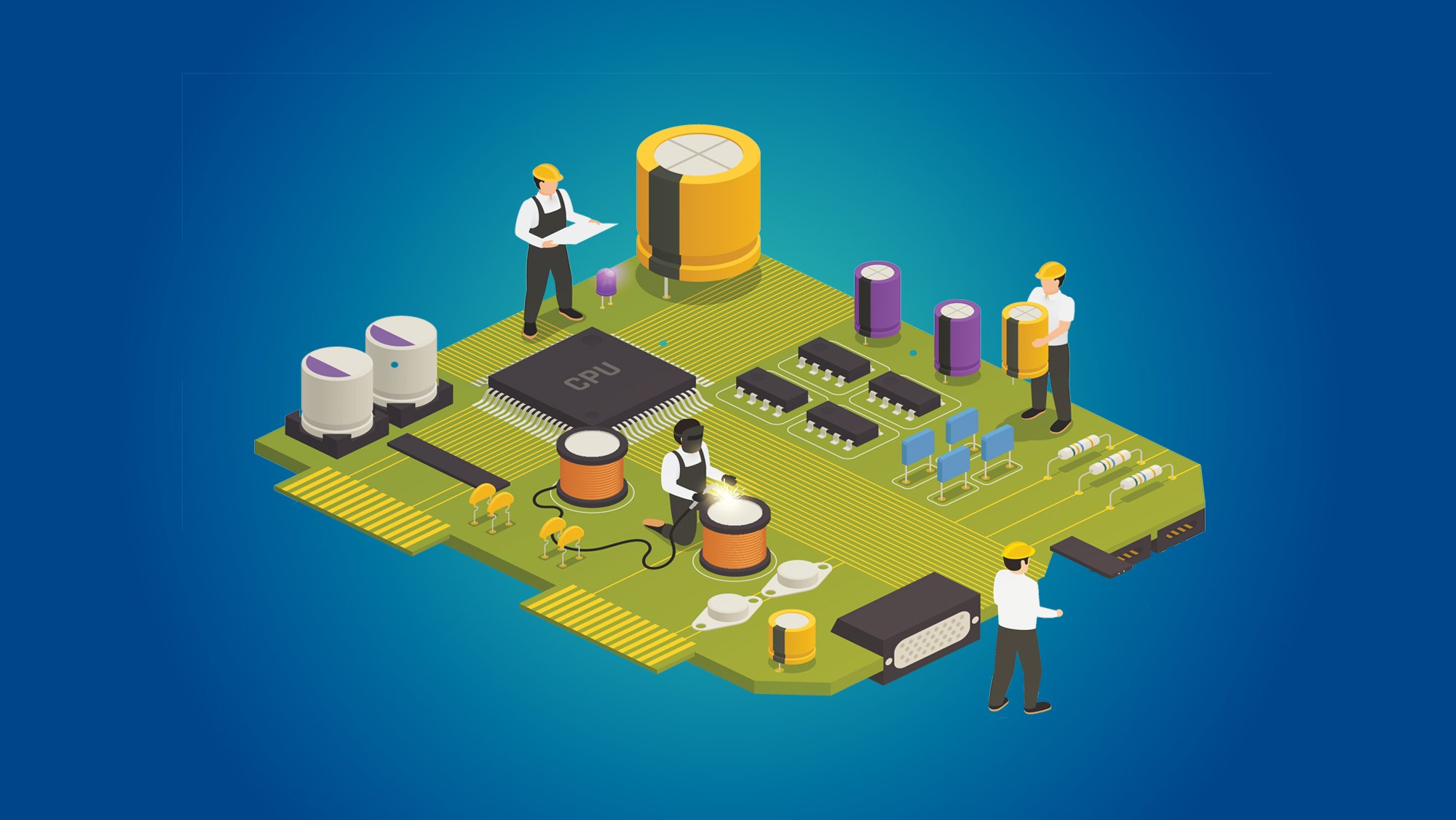
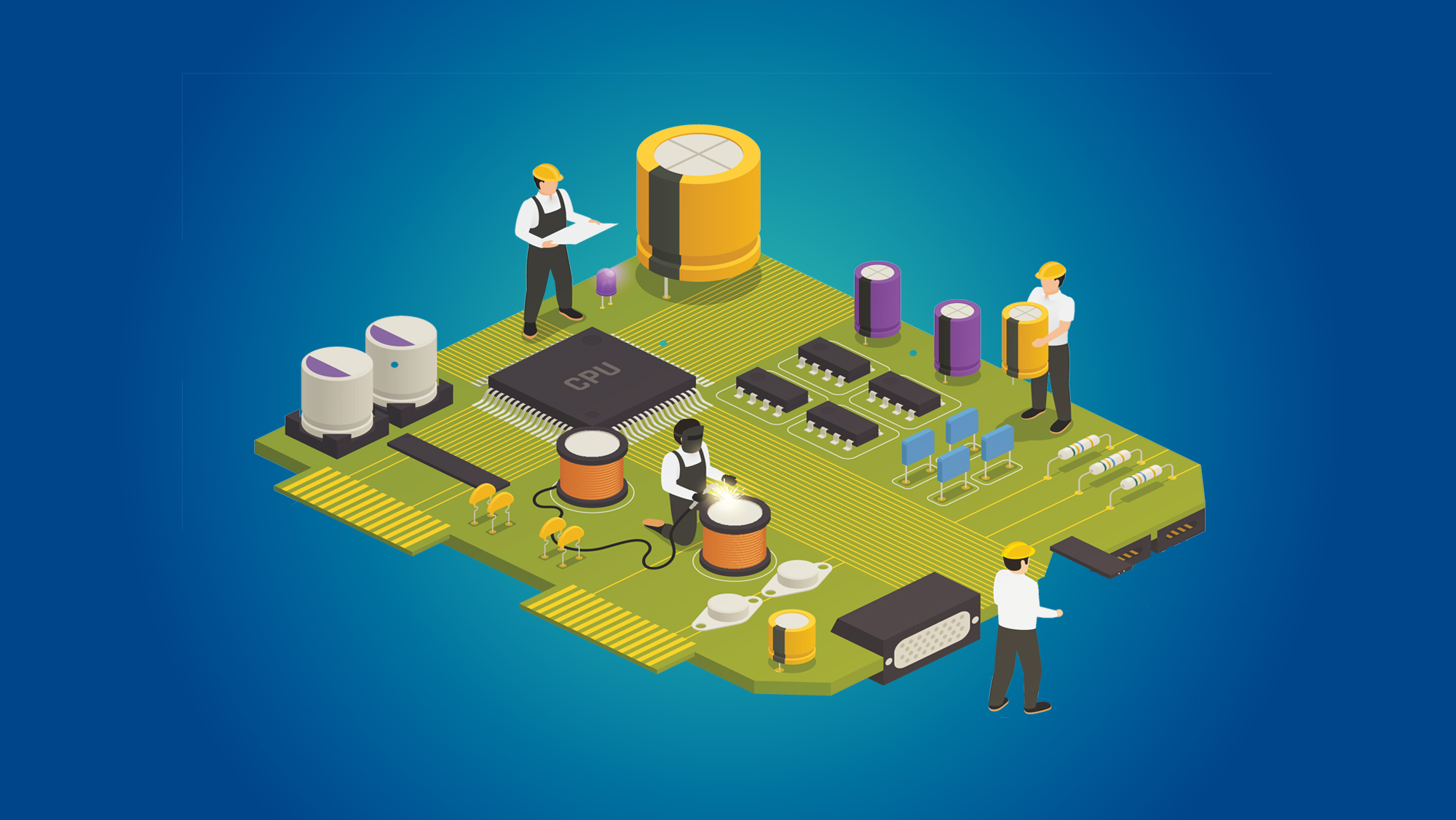
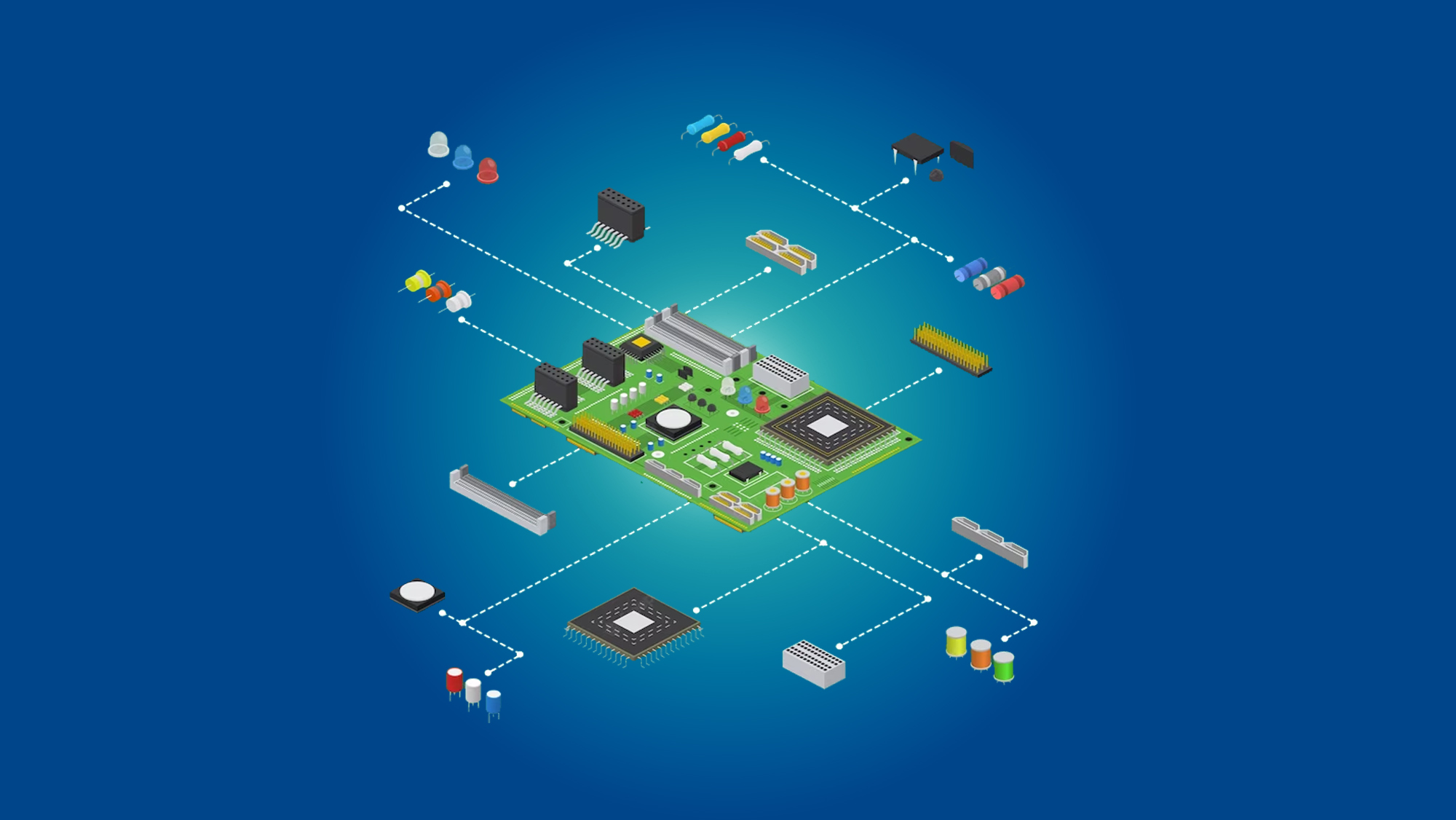
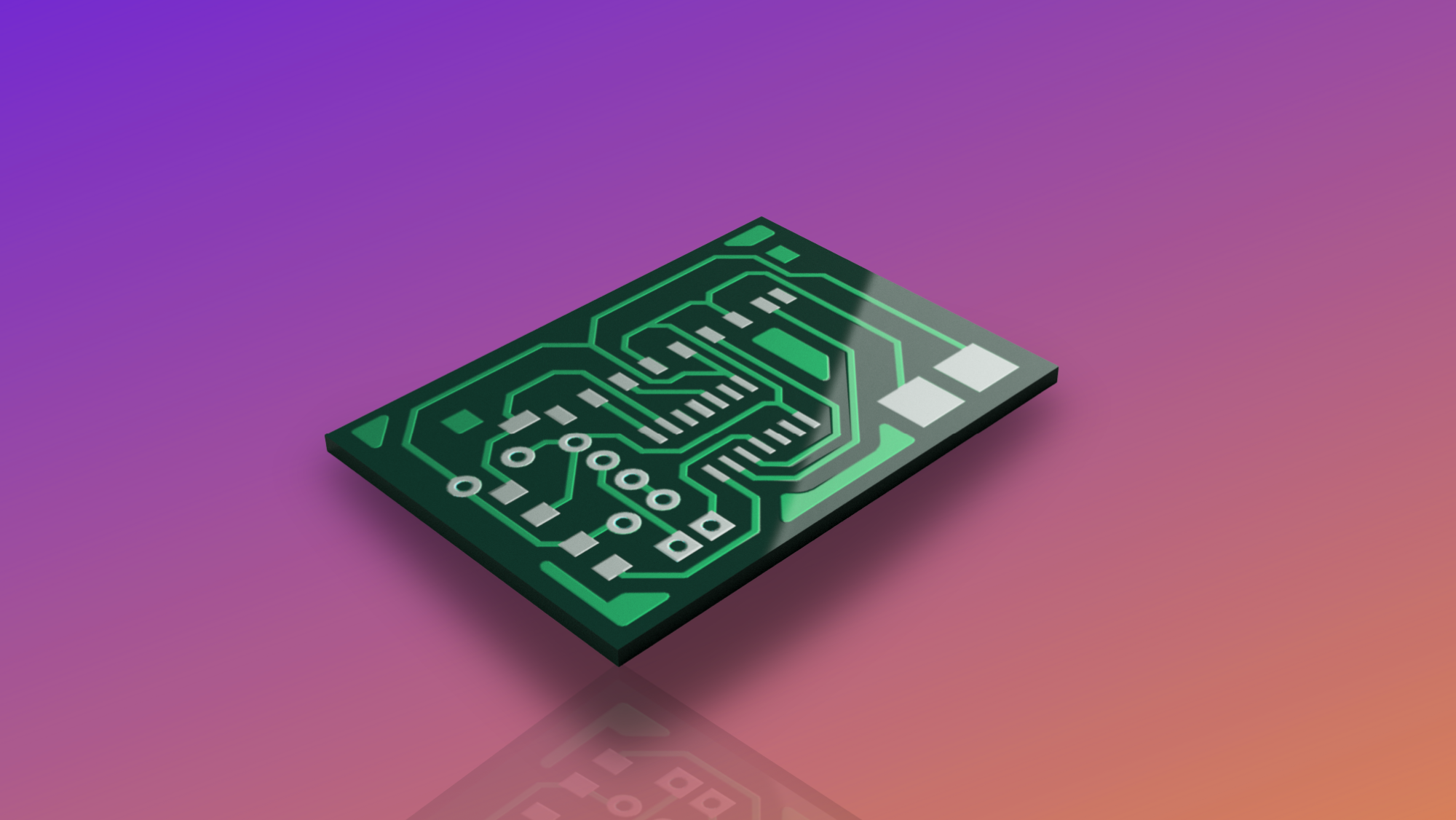
No Comments Yet
Let us know what you think